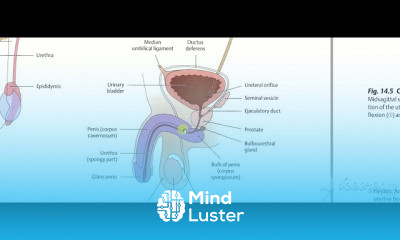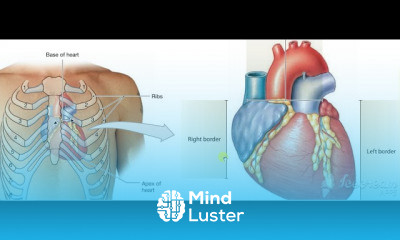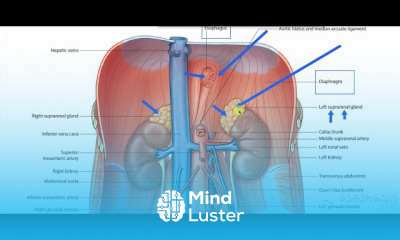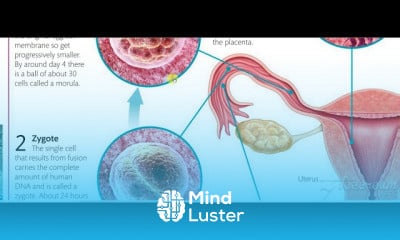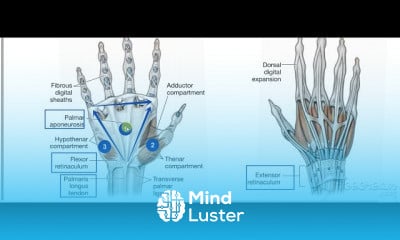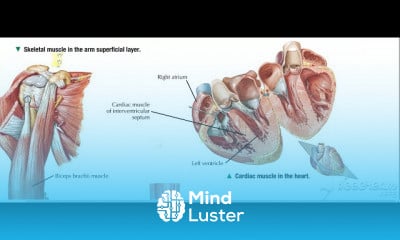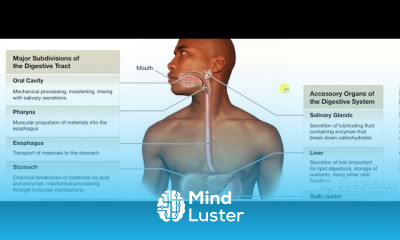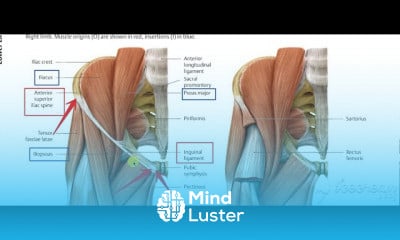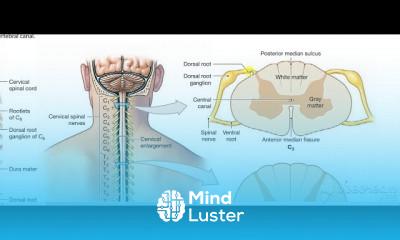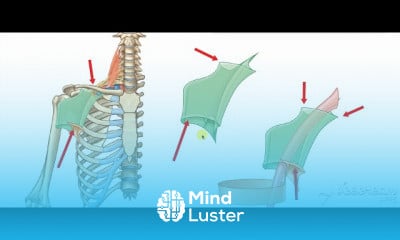Urinary bladder nerve supply 3
Share your inquiries now with community members
Click Here
Sign up Now
Lessons List | 54
Lesson
Show More
Lessons
Comments
Related Courses in Medical
Course Description
The urinary system, also known as the renal system or urinary tract, consists of the kidneys, ureters, bladder, and the urethra. The purpose of the urinary system is to eliminate waste from the body, regulate blood volume and blood pressure, control levels of electrolytes and metabolites, and regulate blood pH. The urinary tract is the body's drainage system for the eventual removal of urine. The kidneys have an extensive blood supply via the renal arteries which leave the kidneys via the renal vein. Each kidney consists of functional units called nephrons. Following filtration of blood and further processing, wastes (in the form of urine) exit the kidney via the ureters, tubes made of smooth muscle fibres that propel urine towards the urinary bladder, where it is stored and subsequently expelled from the body by urination (voiding). The female and male urinary system are very similar, differing only in the length of the urethra.
Urine is formed in the kidneys through a filtration of blood. The urine is then passed through the ureters to the bladder, where it is stored. During urination, the urine is passed from the bladder through the urethra to the outside of the body.
800–2,000 milliliters (mL) of urine are normally produced every day in a healthy human. This amount varies according to fluid intake and kidney function.
A urinary tract infection (UTI) is an infection in any part of your urinary system — your kidneys, ureters, bladder and urethra. Most infections involve the lower urinary tract — the bladder and the urethra.
Women are at greater risk of developing a UTI than are men. Infection limited to your bladder can be painful and annoying. However, serious consequences can occur if a UTI spreads to your kidneys.
Doctors typically treat urinary tract infections with antibiotics. But you can take steps to reduce your chances of getting a UTI in the first place.
Trends
C Programming Language
Learning English Speaking
MS Excel
Communication Skills
program in c language
Python for data science and AI
Web Design for Beginners
UX design foundations for beginners
English greetings and responses
Graphic design rules for beginners
Web development with Java spring
Python programming language
Logo design tools in illustrator
Psychology in graphic design for beginners
Test graphic design skills for beginners
Excel skills for busines intermediate
AWS identity and access management
Digital manufacturing and design principles
AI fundamentals for beginners
Creating bitmap images from scratch
Recent
Yoga For anxiety and stress
Meditation For mental balance and grounding
Yoga for strength and Focus
Yoga for flexible mind
Yoga For stress relief at home
Yoga for connection at home
Morning Yoga for beginners
Full body Yoga workout at home
Yoga For risk takers at home
Yoga for relaxation at home
Yoga For Back Pain at home
Yoga For social anxiety at home
Yoga For digestion at home
Yoga for abs at home
Yoga flow for beginners
Yoga For lymphatic Flow at home
Yoga For sensitive knees at home
Yoga For Low back and hamstrings
Yoga for concentration and mental focus
Yoga For brain Power at home




